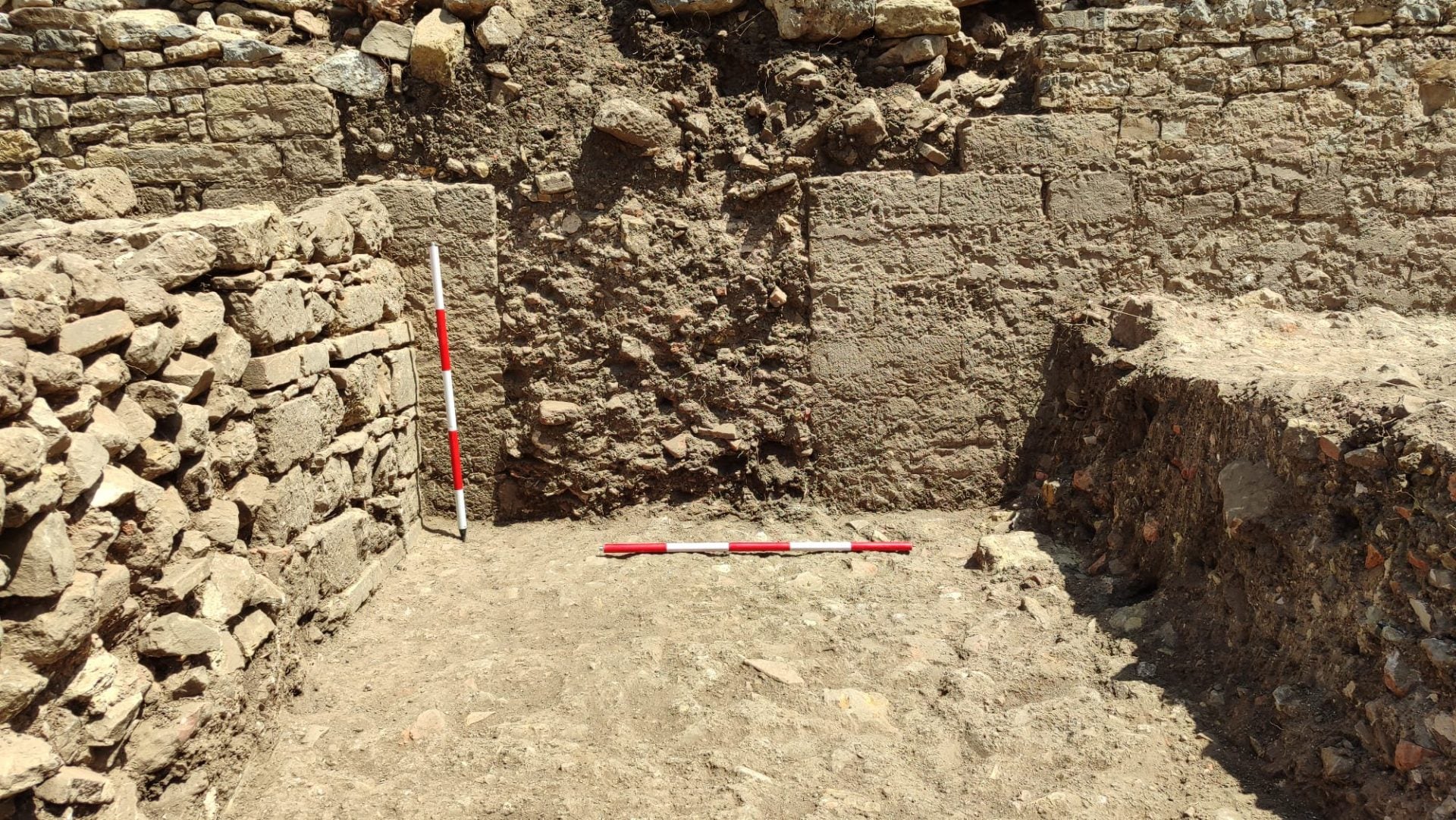Archaeologists unearth ancient Roman forum in Spain that likely served special purpose
Site is key to understanding arrival and consolidation of Romans in Spain, researchers say
Your support helps us to tell the story
From reproductive rights to climate change to Big Tech, The Independent is on the ground when the story is developing. Whether it's investigating the financials of Elon Musk's pro-Trump PAC or producing our latest documentary, 'The A Word', which shines a light on the American women fighting for reproductive rights, we know how important it is to parse out the facts from the messaging.
At such a critical moment in US history, we need reporters on the ground. Your donation allows us to keep sending journalists to speak to both sides of the story.
The Independent is trusted by Americans across the entire political spectrum. And unlike many other quality news outlets, we choose not to lock Americans out of our reporting and analysis with paywalls. We believe quality journalism should be available to everyone, paid for by those who can afford it.
Your support makes all the difference.Archaeologists have unearthed several Roman buildings and the ruins of a forum in Spain which likely helped integrate local communities into the ancient empire.
A team of students, volunteers and researchers from the University of Granada found the forum of Ocuri in the southern Spanish town of Ubrique in Cádiz.
As early as the end of the 18th century, it was suspected that the central terrace of the town’s hill, known as “Cerro de la Mora”, was the site of a Roman forum, a theory put forth by local scholar Juan Vegazo.
Forums were the centre of ancient Roman cities and served as a place for gathering, social activities, as well as a venue for public speeches.
When researchers began excavating, they found what was a possible enclosure wall of the suspected forum’s central square.
This wall was about one metre high and 16m long and covered ancient architecture indicative of large and “clearly public” buildings of the High Roman Empire between the first and fifth century AD.

Initially, it was thought that the Roman structures likely lasted until the late third century AD.
But researchers found that buildings at the site were “continuously inhabited” until the end of the 4th century, substantiated by coins found in the area.
One of the coins uncovered in the latest dig bore a Christogram, the first example of Christian iconography from the site.
Archaeologists found ceramics from North Africa at the site which helped extend the period of occupation of the site.
They confirmed that the site was also home to a “monumental altar” accompanied by decorative architectural remains.
There was evidence of bases, shafts and remains of columns and signs of statue pedestals scattered throughout the city.
Assessing buildings at the site allowed researchers to outline an area symbolic of Roman syncretic religious practices, especially those related to water.

Researchers also uncovered a mediaeval defensive structure in the area that likely provided visual contact between this site and other fortifications in the surrounding area.
The findings help better understand ancient Roman-era trade routes linked to the Gibraltar region. The site also serves as a key space to better understand the arrival and consolidation of the Romans in the southern Iberian Peninsula, researchers said.
The ancient Roman forum as well as its surrounding structures helped the empire hybridise with the local communities that had already settled in the area, archaeologists said.

Join our commenting forum
Join thought-provoking conversations, follow other Independent readers and see their replies
Comments